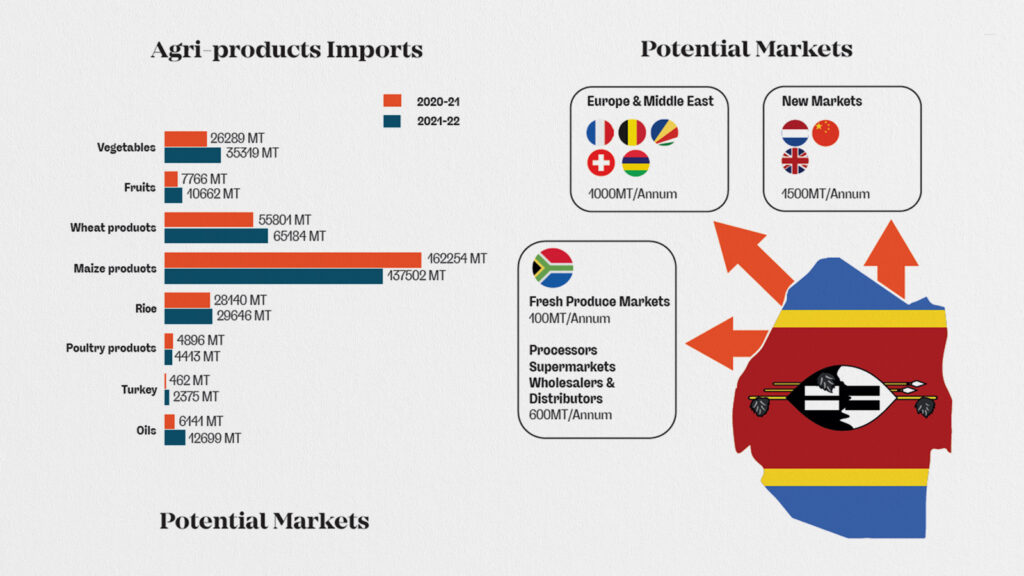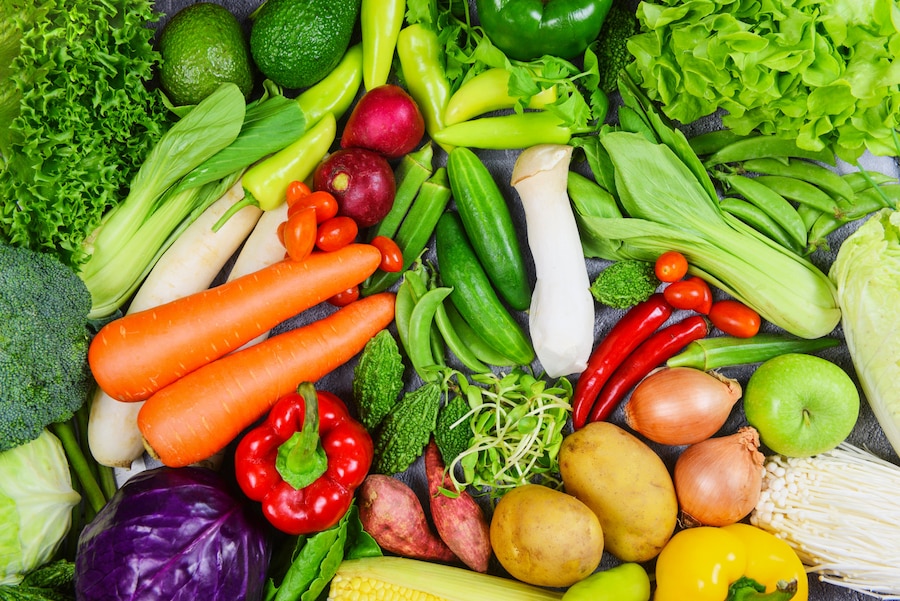BY: Phephile Motau
Eswatini needs to come up with strategies to commercialise agriculture and reduce the imports of agricultural produce which was at about E1.9 billion in 2020/2021.

This was the view of participants of the Eswatini National Agricultural Union (ESNAU) 2022 Annual Policy Conference which was attended by several stakeholders in the agriculture sector. The conference was themed Agribusiness: A key to Economic Recovery. National Marketing Board (NAMBoard) Chief Executive Officer Bhekizwe Maziya revealed that 297 000 MT of produce was imported in 2021 with maize leading. The value of the produce imported was E1 896 695 407. He said figures had been increasing annually and were a concern to all stakeholders and that there was a need for the country to act. The produce which was imported included vegetables, fruits, wheat and wheat products, maize and maize products, turkey, rice, and oils. The CEO said the amount increased from E1.54 billion which was imported the year before.
Maziya said farming was under threat mainly by climate change, Covid-19 and Russia’s invasion of Ukraine which had increased input costs by over 50 per cent. He added that farming for food commodities was dominated by smallholder farmers, very few commercial farmers, and old farmers with very low youth participation. “Production is still based on old systems, no technological advancement = poor efficiency. Profitability of the farming businesses is highly threatened (very few break-even),” he said. He added that generally, there was poor diversification into new commodities. Maziya said the absence of processing was a serious limitation. He went on to give possible strategies for profitable production, adding that profitability came with economies of scale, hence the need for an increase in the production area.
He also said due to high production costs, bulk procurement is a solution and farmers should go back to basics by applying best farming practices which would lead to more productivity. Maziya said value addition to products was the way to go and farmers should consider high-value commodities and leverage on export markets, which include those in Southern Africa and Europe. “Insurance companies should develop accessible and affordable insurance,” he said. Maziya also pointed out the need for research especially on climate change to establish a new planting season. The meeting also discussed the issue of the government subsidy programme. It was stated that the subsidy addressed bottlenecks in the agriculture sector. It was argued that subsidies were relevant in agriculture because food production and availability were very important for the country.
The stakeholders said since the introduction of the subsidy programme, the average national yield had improved from an average of 1.2 -2 MT/ha, but there was still more room to improve efficiency. The agricultural experts said there was a need to review the entry requirements or targeting to make sure that the subsidy programme only benefits those farmers who had been targeted. “We should not be general in advocating upscaling of subsidies to other commodities.






